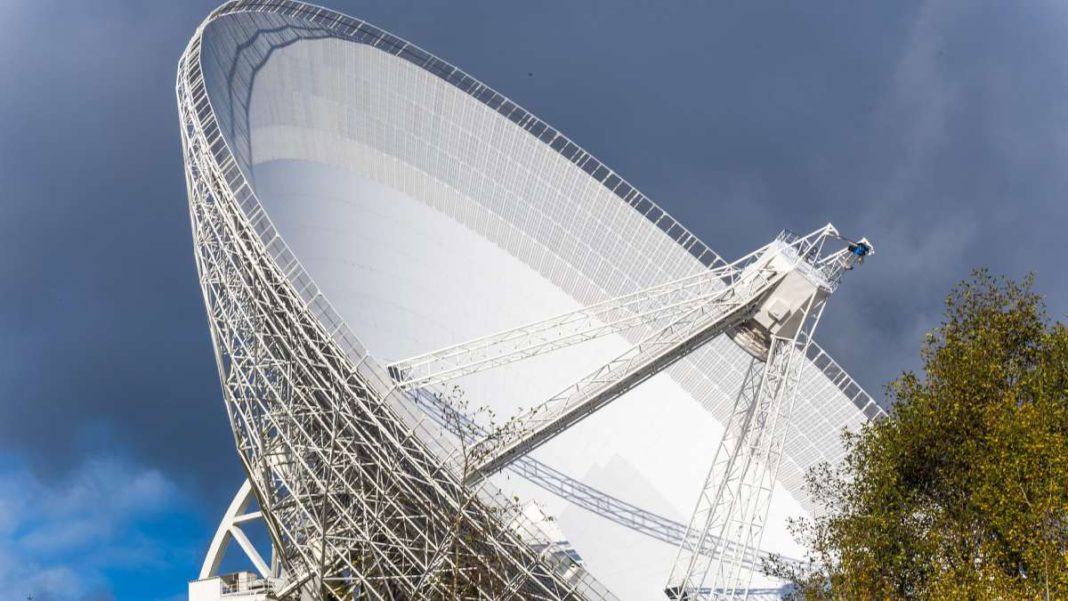UNITED STATES: Journey of FRB 20220610A! Astronomers have detected a distant and enigmatic radio signal that has travelled through the vast expanse of the universe for a staggering eight billion years to finally reach our planet. This remarkable finding opens a new chapter in the exploration of the cosmos and the mysteries it holds.
Fast Radio Bursts (FRBs)
The signal in question represents what scientists call “fast radio bursts” or FRBs. These phenomena are characterized by intense yet exceedingly brief pulses of radio waves. They bear a resemblance to the radiation produced by our everyday devices such as cell phones and microwave ovens. However, the key difference is that FRBs originate from remote sources deep within the universe.
Despite their captivating nature, FRBs are extremely rare, presenting a substantial challenge for astronomers to detect and study. Most FRBs last for just a fraction of a second, and the majority do not repeat, making swift data collection and analysis essential to revealing their mysteries.
The Distant Past: FRB 20220610A
In a study recently published in the prestigious Science journal, scientists have unveiled the most ancient and distinct FRB ever recorded. This particular burst, named FRB 20220610A, made its appearance around eight billion years ago. To put this into perspective, it originated long before the existence of our solar system or even our planet itself.
This discovery not only adds to our understanding of the distant universe but also challenges existing models of FRB emission. The observed FRB, with its unusually high energy, stands as a testament to the cosmos’ unending ability to astonish and confound.
Astronomy’s ongoing conundrum
Astronomers have been able to detect and study just 50 FRBs to date, presenting a limited sample size for their investigations. The source of these remarkable signals remains an enduring mystery. While the question of what causes FRBs is yet to be answered, these cosmic phenomena serve as valuable tools for understanding the tenuous matter that exists between galaxies.
Some theories suggest that FRBs may originate from magnetars, which are young and hyper-magnetized neutron stars. Neutron stars, despite being approximately as massive as our Sun, are incredibly compact, comparable in size to a small city, and possess exceptionally strong magnetic fields.
A New Record: FRB 20220610A
The Australian SKA Pathfinder was responsible for detecting the most recent FRB on June 10, 2022, which has been officially designated as FRB 20220610A. This cosmic signal emitted more energy in just a few milliseconds than our Sun produces in a span of 30 years. Furthermore, according to the latest findings, it shattered the previous record for the most distant FRB by an astonishing 50 percent, confirming that such phenomena do indeed occur in the farthest reaches of the universe.
The discovery of FRB 20220610A not only rekindles our fascination with the cosmos but also underscores the limitless potential for unearthing further mysteries hidden within the universe. As scientists continue to grapple with the enigma of FRBs and explore their possible origins, the cosmos remains a boundless frontier of knowledge waiting to be uncovered.
Also Read: WhatsApp Introduces Dual-Account Feature: A Solution to Manage Personal, Professional Conversations



